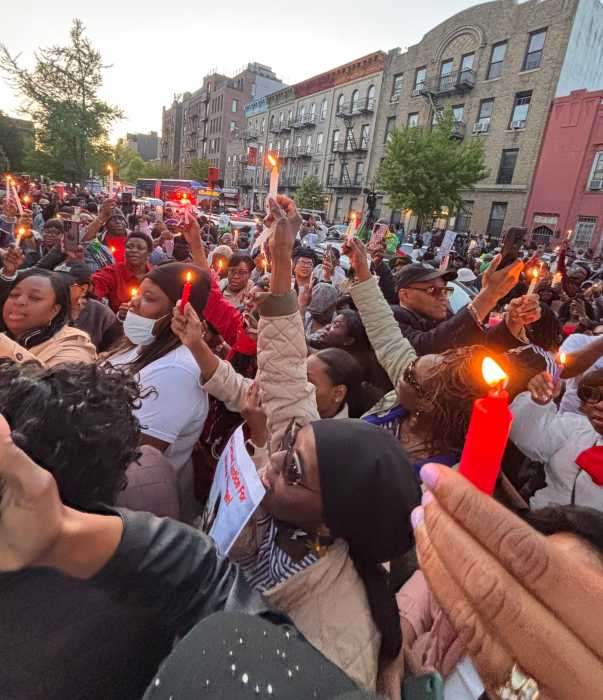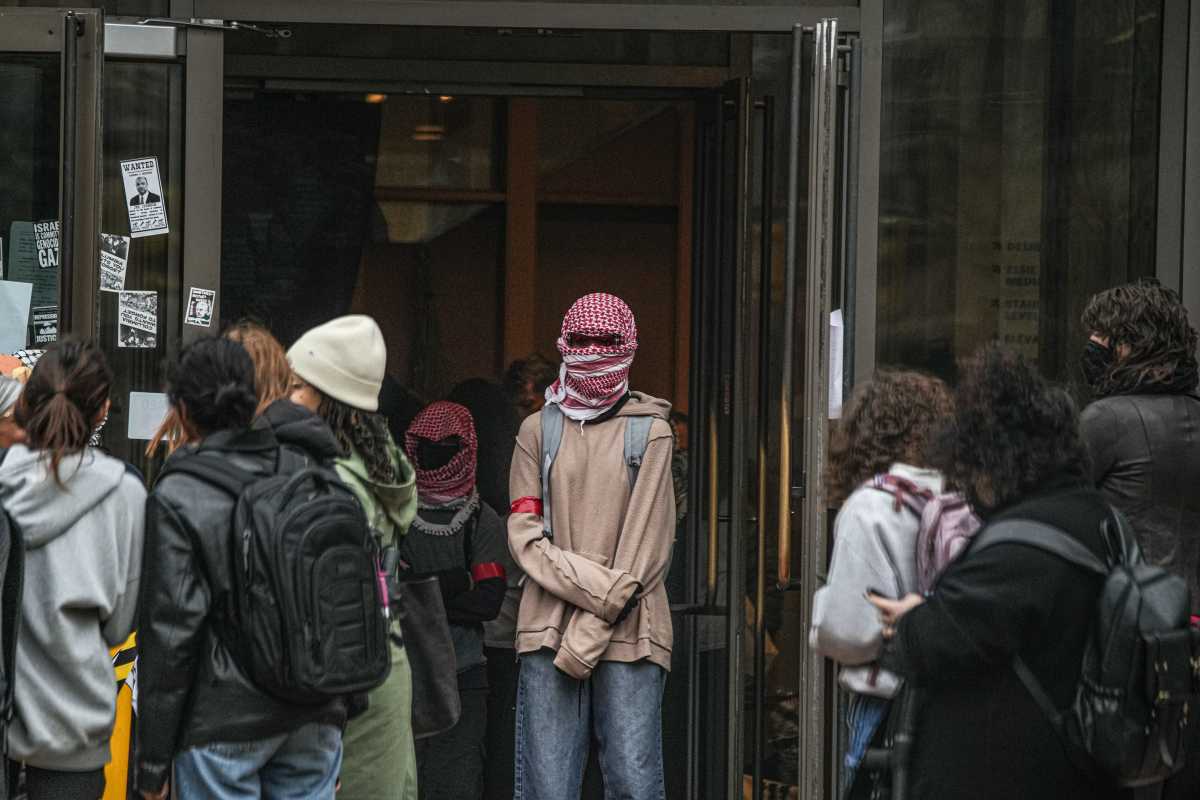Antigua
Antigua and Barbuda blanked last week’s special conference of the Caribbean Community (CARICOM) leaders where Barbados Prime Minister, Mia Mottley handed over the chairmanship of the 15-member regional grouping to her St. Vincent and the Grenadines counterpart, Dr. Ralph Gonsalves.
The Guyana-based CARICOM Secretariat had earlier announced that the regional leaders will host their 20th Special Meeting via video conference after they agreed during their Ninth Special Meeting in April to stage the handing-over ceremony at the beginning of July.
Antigua and Barbuda’s position is linked to the efforts to liquidate the financially-strapped regional airline, LIAT, which is headquartered in St. John’s, Antigua.
The shareholder governments are Antigua and Barbuda, Barbados, Dominica, and St Vincent and the Grenadines.
“There are some regional leaders who see our regional institution, carrier, LIAT, as a ‘predator’ and they are determined to keep their knees on its neck to prevent its regeneration,” Prime Minister Gaston Browne wrote on his Facebook page.
The Antigua and Barbuda government said cabinet “held a full discussion on the future of LIAT 1974 Ltd.” and that it is “developing a plan for a new LIAT, which includes an invitation to private entities to invest in that new carrier.
Barbados
Barbados-based Caribbean Climate Outlook Forum (CariCOF) has warned that the increasingly wet period in Belize and the islands will be accompanied by high flooding, flash flooding and landslide potential.
In its latest edition of Caribbean Outlook Newsletter, CariCOF said the dry season ended with several areas experiencing short-term drought while a greater proportion of the region ended up in the long-term drought.
It said with temperatures significantly above average in April and May, some record temperatures, a number of heatwaves and further drying of soils occurred in this period.
But CariCOF said the period July to September it is predicting regional countries should be prepared for flooding, flash floods and landslides as a result of an increasing wet period.
It said the region could also be affected “by strong tropical cyclone activity from August onward.”
St. Lucia
The Organization of Eastern Caribbean States (OECS) says it has taken note of moves by United States legislators to classify “human trafficking” the Cuban humanitarian project assisting countries deal with the impact of the coronavirus (COVID-19).
In a statement, the nine-member sub-regional grouping said that it “notes with deep concern and repudiates the recent bill introduced by Republican Senator Rick Scott, which classifies Cuba’s humanitarian assistance as “human trafficking” and seeks to extend punitive measures against countries accepting this medical assistance.”
“The OECS Authority gratefully values the work of the Henry Reeve Medical Brigades and has reiterated its desire to work with all friendly governments that offer tangible support in the face of the grave existential threat posed to lives and livelihoods in the small island states,” the statement said.
The OECS countries that have benefitted from the Cuban project are Antigua and Barbuda, Dominica, Grenada, St. Lucia, St. Vincent and the Grenadines and St. Kitts-Nevis.
It said 475 Cuban medical personnel are also working alongside their Caribbean counterparts in Barbados and Jamaica to assist in managing the spread of COVID-19.
Guyana
Venezuela has renewed its position that the International Court of Justice (ICC) does not have the jurisdiction to hear the border dispute with Guyana and urged Georgetown to renew negotiations between themselves on the matter.
Venezuela last week boycotted the ICJ’s first hearing on the more than century-old border dispute saying the UN’s top tribunal.
It had said in a statement, “It sincerely invites the sister Republic Cooperative of Guyana to renew the negotiations to which both nations are bound by virtue of Geneva agreement with the purpose of reaching amicably an acceptable and satisfactory practical arrangement for both republics.”
The hearing was originally scheduled for March 23-27 and would have determined whether the court has jurisdiction over the case, filed by Guyana on March 28, 2018, to obtain a final and binding judgement that the 1899 Arbitral Award, which established the location of the land boundary, between then British-Guiana and Venezuela, remains valid and binding and that Guyana’s Essequibo region belongs to Guyana and not Venezuela.
Venezuela lays claim to more than two-thirds of Guyana’s landmass, including its exclusive economic zone where more than eight billion barrels of oil deposits have been discovered.
Haiti
Haiti became the first Caribbean Community (CARICOM) country to pass the 6,000 mark as the French-speaking country recorded 70 new cases of COVID-19 up to last week.
While the figure appears to give the impression that the country recorded less cases of the virus in recent weeks, the Ministry of Public Health said that two more deaths were recorded pushing the total to 107.
It said that since the first case of the virus was recorded on March 19, Haiti now has more than 6,500 cases with the majority being men.
Prior to the recent figures, Haiti recorded 42 cases and the ministry said there are now 4,905 active cases, while the number of suspected cases investigated since the pandemic was first reported in the impoverished island in March reported 12,566.
Apart from Haiti, the other CARICOM countries recording increased numbers of positive cases are Jamaica with 702 cases and 10 deaths and Guyana with 248 cases and 13 deaths.
Trinidad
The Development Bank of Latin American known as CAF recently announced that it had signed two loans totaling US $150 million with Trinidad and Tobago to respond to the health emergency caused by COVID-19 and to mitigate the economic financial and social effects of the pandemic in the country.
The first loan, for US $100 million, will provide financial support to the Government’s economic programs, implemented to contain the social, economic and financial emergencies generated by Covid-19 and aims to have a counter-cyclical impact on the country’s economy.
The second loan, for US $50 million, will contribute to strengthening T&T’s health system capacity to respond to the crisis caused by COVID-19, through direct financial resources and the recognition of expenses and investments aimed at reducing the risk of mitigating the impact of the pandemic on the health of the population.
These two loans were preceded by a US$400,000 donation that the multilateral organization made to T&T on April 3, to help in the fight against the spread of the pandemic.
— Compiled by Azad Ali



















